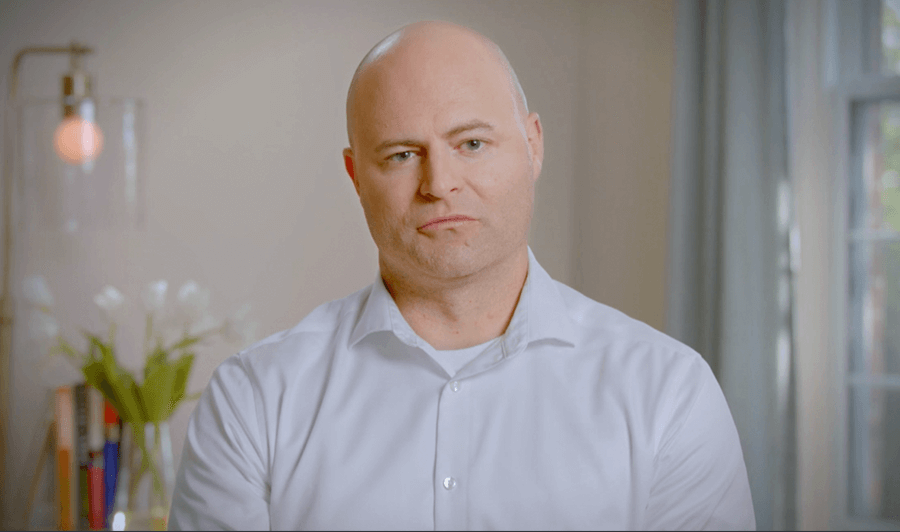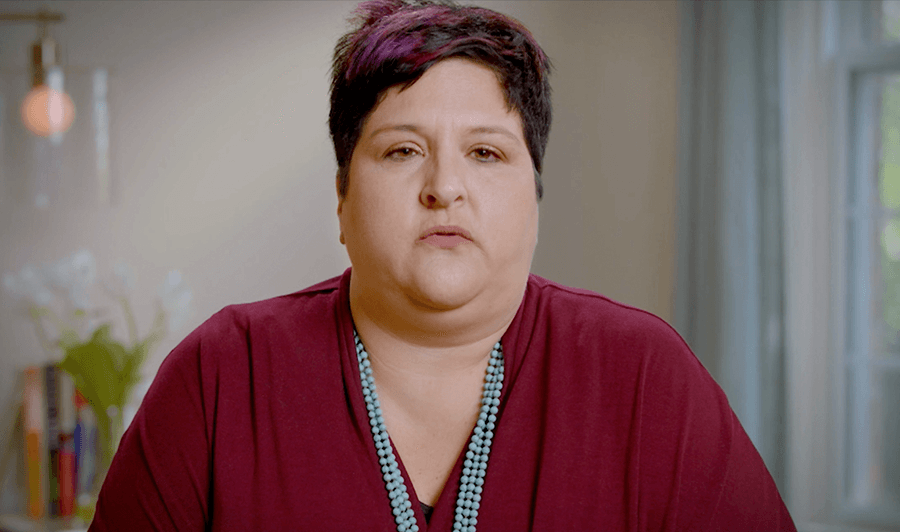
When Should I Call a Lawyer After a Nursing Home Injury?
If you or a loved one has been injured while residing in a nursing home, it is critical to contact a lawyer as soon as possible. This is because there are often strict time limits, known as the statute of limitations, for filing a lawsuit related to nursing home injuries. If you miss the deadline to file a claim, you may be forever barred from obtaining compensation for your losses.
Acting quickly is also important in these types of cases because evidence and witnesses can disappear over time. To build a strong case and prove that the nursing home was responsible for the injury, it is crucial to have as much evidence as possible. An experienced nursing home abuse and neglect lawyer can help you gather the necessary evidence and build a strong case on your behalf.
When you contact a lawyer, they will first listen to the details of your case and assess the circumstances surrounding the injury. They will then be able to advise you on your legal rights and options and guide you through the legal process.
A nursing home abuse and neglect lawyer will also be able to represent you in negotiations with the nursing home and its insurance company, as well as in court, if necessary.
It is important to remember that nursing homes have a legal obligation to provide a safe and healthy environment for their residents. If a nursing home fails in this obligation and a resident is injured as a result, the nursing home may be held liable for the resulting damages.
In conclusion, if you or a loved one has been injured in a nursing home, it is best to consult with a lawyer as soon as possible to discuss your case and determine the best course of action.
An experienced nursing home abuse and neglect attorney can help you understand your legal rights and options, as well as guide you through the legal process to ensure that your case is properly handled.
What is a Nursing Home Care Plan and Why is it Important?
A nursing home care plan is a critical component of the care and support that a resident receives while residing in a nursing home. It serves as a roadmap for the resident’s journey to optimal health and well-being.
The care plan is developed through a collaborative effort between the resident, their family, the nursing home staff, and other healthcare providers, and it is designed to meet the unique needs and preferences of each individual resident.
At the heart of every nursing home care plan is a thorough assessment of the resident’s physical, emotional, social, and spiritual needs. This comprehensive assessment process helps to identify the specific areas where the resident requires support, as well as their strengths and abilities. The assessment process also provides valuable information about the resident’s care goals and objectives, including what they hope to achieve while living in the nursing home.
Once the assessment is complete, the nursing home staff works with the resident and their family to develop a personalized care plan that addresses each of the resident’s identified needs. The care plan may include a variety of interventions and treatments, such as:
- Physical therapy
- Occupational therapy
- Wound care
- Pain management, and more.
One of the key benefits of a nursing home care plan is that it enables the nursing home staff to prioritize the resident’s care and ensure that they receive the right interventions at the right time.
The care plan also provides a framework for regular monitoring and evaluation of the resident’s progress toward their care goals. As the resident’s needs change, the care plan can be adjusted to reflect these changes, ensuring that they continue to receive the most appropriate and effective care possible.
In addition to the practical benefits of a nursing home care plan, it also helps to foster a sense of partnership and collaboration between the resident, their family, and the nursing home staff. When everyone is working towards a shared goal, it creates a supportive and caring environment that promotes the resident’s health and well-being.
Overall, a nursing home care plan is a vital tool for ensuring that residents receive the highest quality of care while residing in a nursing home. Whether the resident is recovering from an illness or injury, managing a chronic condition, or simply needing a higher level of support, the care plan is a critical component of their journey toward optimal health and well-being.
Brain Injuries and Nursing Homes
Brain injuries can occur in a nursing home setting due to a variety of causes, including falls, physical assaults, and medical mismanagement. When a resident of a nursing home suffers a brain injury, it can have serious and lasting effects on their cognitive, physical, and emotional functioning.
Nursing homes have a legal obligation to provide residents with a safe and secure environment and to take steps to prevent and manage brain injuries. This may involve implementing fall prevention protocols, ensuring that staff receive proper training on brain injury management, and providing adequate staffing levels to help prevent incidents from occurring.
If a brain injury does occur, nursing home staff should take prompt action to assess the resident’s condition and provide appropriate medical care. This may involve calling emergency services, contacting the resident’s physician, and arranging for transportation to a hospital or rehabilitation center.
Once the resident has received medical treatment, the nursing home should take steps to support their recovery and help them manage the effects of their injury. This may involve providing physical and occupational therapy, assisting with activities of daily living, and offering emotional support to both the resident and their family.
If you suspect that a loved one has suffered a brain injury while in a nursing home, it is important to take action to ensure that their rights are protected and that they receive the care and support they need. You may wish to consult with an attorney who specializes in nursing home abuse and neglect cases to learn more about your options and to take steps to protect your loved one’s well-being.
What is Considered Nursing Home Abuse or Neglect?
Nursing home abuse or neglect refers to the mistreatment of elderly or disabled individuals who reside in a nursing home or long-term care facility. This mistreatment can take many forms, including:
- Physical abuse: Inflicting physical harm on a resident, such as hitting, slapping, or pushing.
- Sexual abuse: Non-consensual sexual contact with a resident.
- Emotional abuse: Verbal or nonverbal acts that cause mental anguish, such as bullying, ridicule, or intimidation.
- Neglect: Failing to provide the necessary care for a resident, such as failing to assist with bathing, dressing, or eating.
- Financial exploitation: Misusing a resident’s funds or property for personal gain.
- Medical neglect: Failing to provide necessary medical care, such as not administering medications or providing improper treatment.
It’s important to note that abuse or neglect can occur at the hands of staff members, other residents, or visitors to the facility. If you suspect that someone you know is being abused or neglected in a nursing home, it’s important to report it to the appropriate authorities.
RSH Legal offers free case evaluations to Iowans whose loved ones have been injured or killed in a nursing home. With offices in Cedar Rapids, Des Moines, and Dubuque, and the ability to hire us without meeting in person, we are dedicated to doing what works best for you.
If you’d like to schedule this free consultation, call 319-409-6575 today.

Tim Semelroth
Board-Certified Trial Attorney

Pressley Henningsen
AV-Rated Trial Attorney
A car came through the median and we were hit head on. Every bone in my body from my lower jaw down to the bottom of my feet was broken. My medical bills were in the hundreds of thousands of dollars. I can’t imagine going through something like this without someone like Tim or RSH Legal.
See more Client ReviewsClient Reviews









